China, Russia urge ‘flexible, pragmatic’ attitude toward Vienna talks on sanctions removal
Russia and China have called on all parties to the 2015 Iran nuclear deal, officially known as the Joint Comprehensive Plan of Action (JCPOA), to adopt a flexible and pragmatic attitude towards talks in Vienna on the removal of anti-Tehran sanctions and implementation of the landmark agreement.
The plea was made after China’s Vice-Foreign Minister Ma Zhaoxu held a phone conversation with Russian Deputy Foreign Minister Sergei Ryabkov on Wednesday, during which the two sides exchanged views on the Iranian nuclear issue.
“Both sides stressed that the Iranian nuclear situation is at an important juncture and all parties should make joint efforts to push for an early resumption of negotiations on resuming the implementation of the Joint Comprehensive Plan of Action,” the Chinese Foreign Ministry said on its website.
“At the same time, all parties should respect and accommodate each other's concerns, adopt a flexible and pragmatic attitude, and bring the JCPOA back on track at an early date,” it added.
The ministry also underlined that the two diplomats “agreed to continue to strengthen strategic coordination and jointly push forward the political and diplomatic settlement process of the Iranian nuclear issue.”
Russian Foreign Minister Sergei Lavrov said on the sidelines of the G20 summit in Rome, Italy, on Sunday that Moscow fully supports the idea of resuming the implementation of the landmark Iran nuclear agreement.
Iran and six world powers, including the US, Britain, France, Russia, and China plus Germany, inked the JCPOA in July 2015. The agreement removed international sanctions on Tehran in exchange for certain limits on Iran’s nuclear activities.
The deal, however, was unilaterally abandoned by the US in 2018 despite Iran’s full compliance with its nuclear undertakings, as repeatedly certified by the International Atomic Energy Agency (IAEA). The US then launched a “maximum pressure” campaign against Iran which practically deprived the country of all of the deal’s economic benefits.
Iran fully honored its nuclear obligations for an entire year, after which it decided to ramp up its nuclear work as a legal “remedial measure” against the US violation of the deal and the abject failure on the part of the other signatories, the E3 in particular, to safeguard its benefits.
Iran and the remaining parties to the JCPOA have held six rounds of talks in Austria’s capital, Vienna, since April, which began after the administration of US President Joe Biden voiced willingness to rejoin the agreement. The talks were, however, put on hold in the run-up to Iran’s presidential election in June so that the Islamic Republic could go through a period of government transition.
The start of the next round of talks on the removal of anti-Iran sanctions is scheduled for November 29.
Pezeshkian calls for mass turnout in February 11 rallies to defy foreign pressure
Leader grants pardons, sentence reductions to more than 2,000 convicts
VIDEO | Thousands protest in Australian cities against Israeli President Herzog’s visit
#IR47: Iran’s tourism boom since 1979 Islamic Revolution, driving economy, generating jobs
Palestinian activist in ICE detention 'missing' after medical emergency
Any enemy miscalculation will be met with ‘unprecedented’ response: Iran army chief
VIDEO | Press TV's news headlines
Hamas urges mediators to curb Israel’s violations of Gaza ceasefire


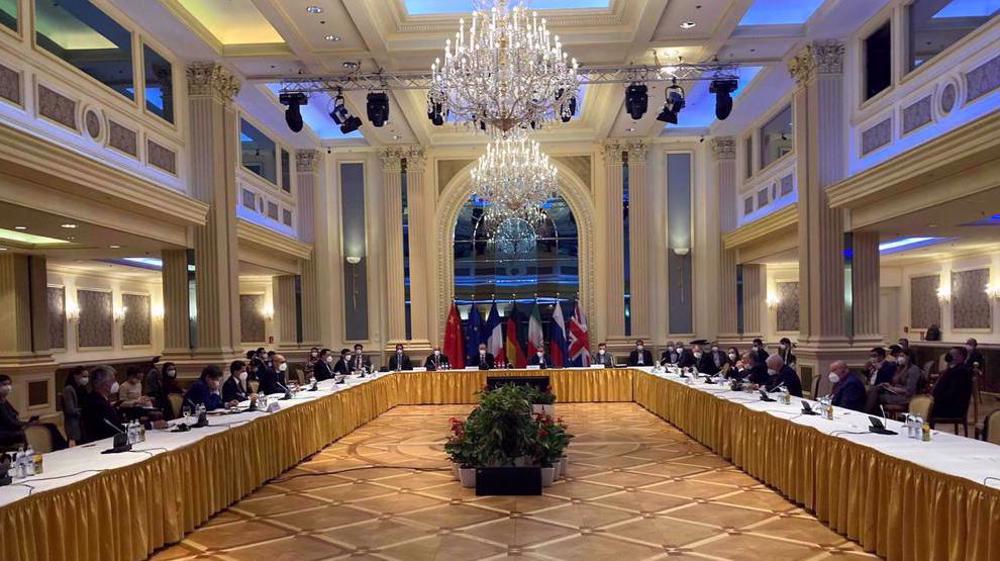
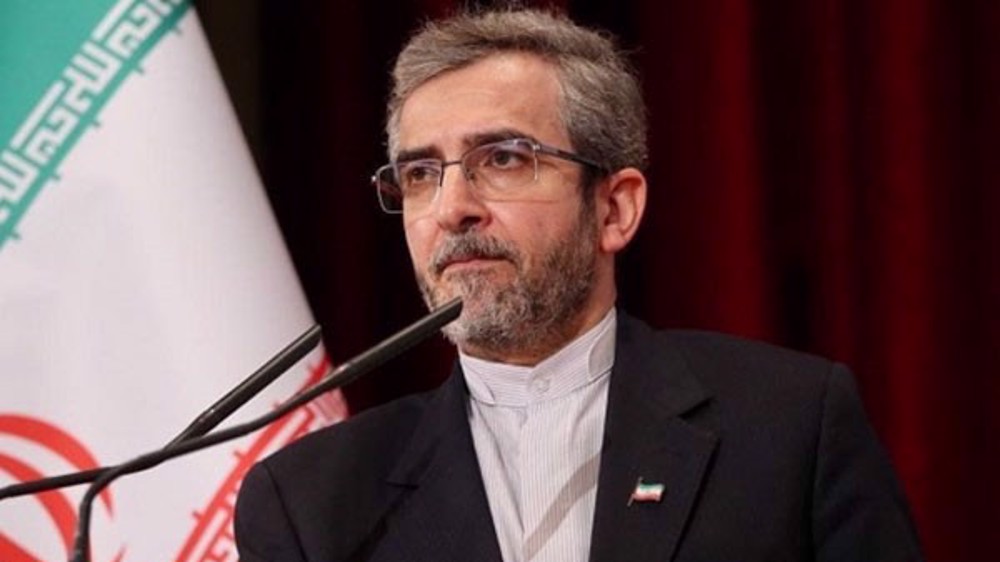
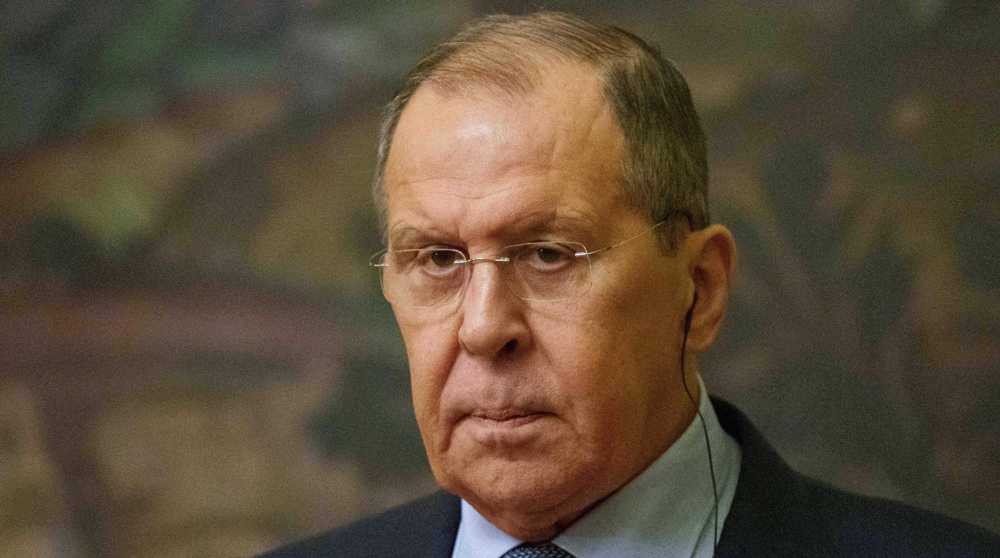
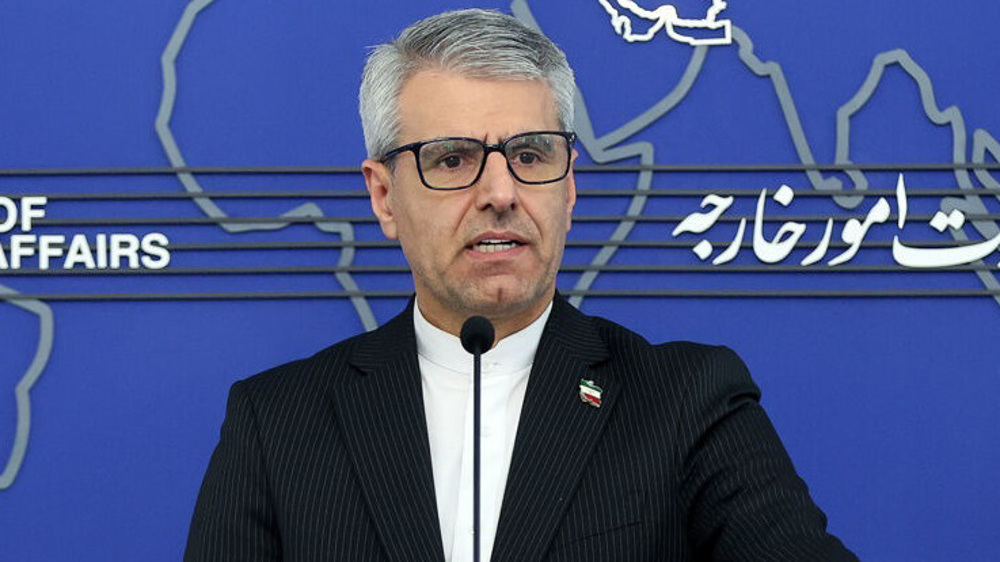
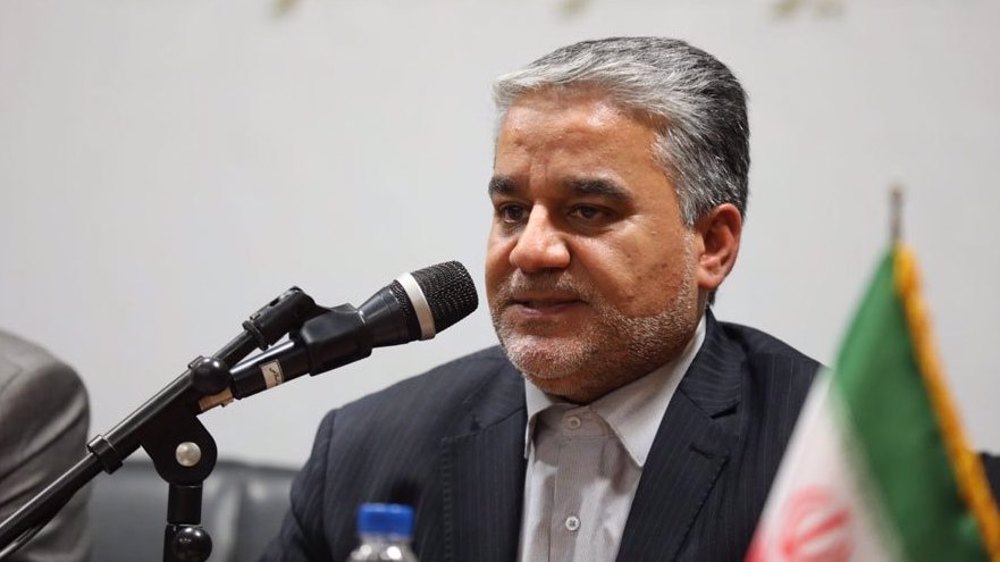
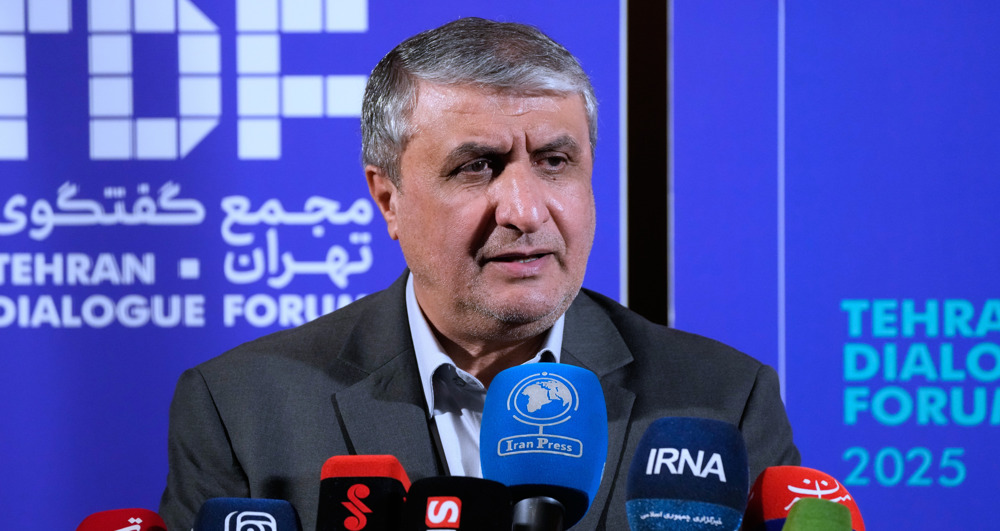




 This makes it easy to access the Press TV website
This makes it easy to access the Press TV website